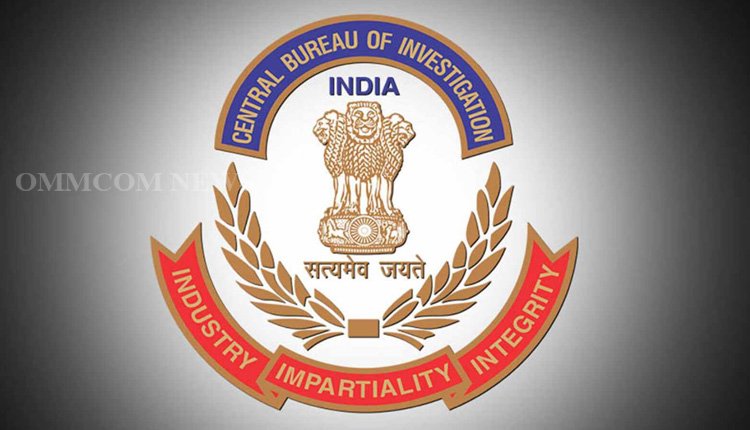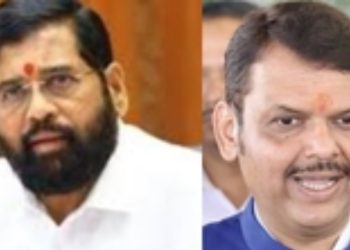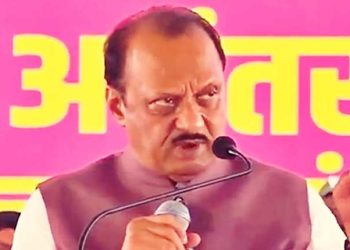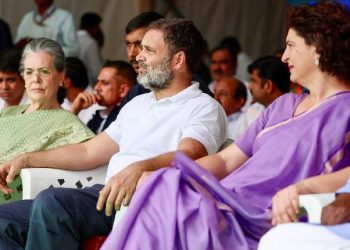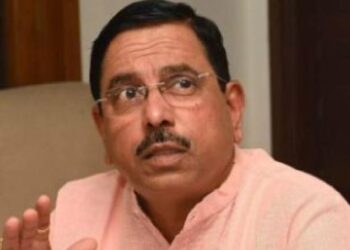New Delhi, Aug 31 (IANS) The CBI is acquiring the reputation of being a drain inspector. Nailing small fry has become the norm. From being India’s premier anti-corruption agency, it has been relegated to a poor cousin with the emergence of the Enforcement Directorate armed to the teeth with PMLA.
Moreover, as the case travels up the food chain, it gets weaker due to poor quality of investigation and weak evidence which does not add up before the higher courts.
The data released by the Central Vigilance Commission (CVC) show that in 2021, the Central Bureau of Investigation (CBI) recorded 2.27 per cent lower conviction rate as compared to 2020.
In 2021, the CBI achieved conviction in 67.56 per cent of the cases whereas in 2020 the conviction rate stood at 69.83 per cent.
These figures mostly refer to convictions in the trial courts, as the numbers come down as cases move to the upper courts. In most cases, the CBI gets defeated in the upper courts due to lapses in investigation and lack of evidence.
Senior advocate Geetha Luthra said that this could be because most such cases are political in nature and come from different states.
“Unless there is watertight evidence, the accused gets acquitted,” Luthra said.
Apart from this, at times the central probe agency also fails to furnish chargesheets on time due to lack of man power and work overload.
Last year, the CBI had told the Supreme Court that it is working hard to increase the conviction rate to 75 per cent. In 2020, its conviction rate was 69.83 per cent, which was higher than 2021 (67.56 per cent).
CBI Director S.K. Jaiswal, in an affidavit furnished before the apex court in 2021, had stated that by August 2022, the agency would take the conviction rate to 75 per cent.
The CVC data show that last year, the agency lodged 680 cases and initiated preliminary inquiry in 67 cases, while these figures stood at 589 cases and 87 preliminary inquiries in 2020.
In 2021, around 10,232 cases were pending before various courts, including 275 cases under the Prevention of Corruption Act, which were pending before the courts for more than 20 years.
In 2021, the CBI proved its case before the courts on 202 occasions, while 82 persons were acquitted, 15 persons were discharged due to lack of evidence against them, while 61 cases were disposed of for other reasons.
There were other issues with the federal probe agency as in many cases it have failed to furnish the chargesheet on time.
“The CBI is normally required to complete investigation in a registered case within one year. Completion of investigation would imply filing of chargesheet wherever warranted after receiving sanction from the competent authority. The Commission has observed that there have been some delays in completing the investigation in certain cases,” the CVC mentioned in its report.
However, the report said that it may have happened due to Covid-19, lack of manpower, work overload and delay in obtaining responses to Letters Rogatory (LR), a formal request from a court to a foreign court for some type of judicial assistance.
Also, there are around 55 cases which were lodged against the senior officials of the CBI. However, the investigation into these cases have been very slow. Twenty-seven cases out of the 55 are pending for more than four years before the agency.
There are 20 other cases lodged against low-rank officials of the CBI, which are also pending, including nine cases pending for more than four years. This shows that when it comes to taking action against its own officials, the CBI goes slow.
High-profile cases where CBI failed
Sushant Singh Rajput case: The CBI has failed to complete its investigation into the death of Sushant Singh Rajput, who passed away in June 2020 under mysterious circumstances. His body was found hanging from the ceiling fan of his rented accommodation in Mumbai. The CBI had recreated the crime scene but the investigation is still pending.
Arushi Talwar case: Arushi Talwar and domestic help Hemraj Banjade were murdered during the intervening night of May 15 and 16 in 2008. The case was handed over to the CBI in 2009. The Allahabad High Court acquitted the accused saying the evidence was not beyond reasonable doubt.
2G Case: The CBI had failed to prove its case in the alleged 2G spectrum scam that cost the exchequer Rs 176,000 crore. Special Judge O.P. Saini, who oversaw the trial of all 2G spectrum cases since early 2011, had said in 2017 that his seven-year anticipation for evidence ended “all in vain” because the case was mainly based on “rumour, gossip and speculation”.
(IANS)



